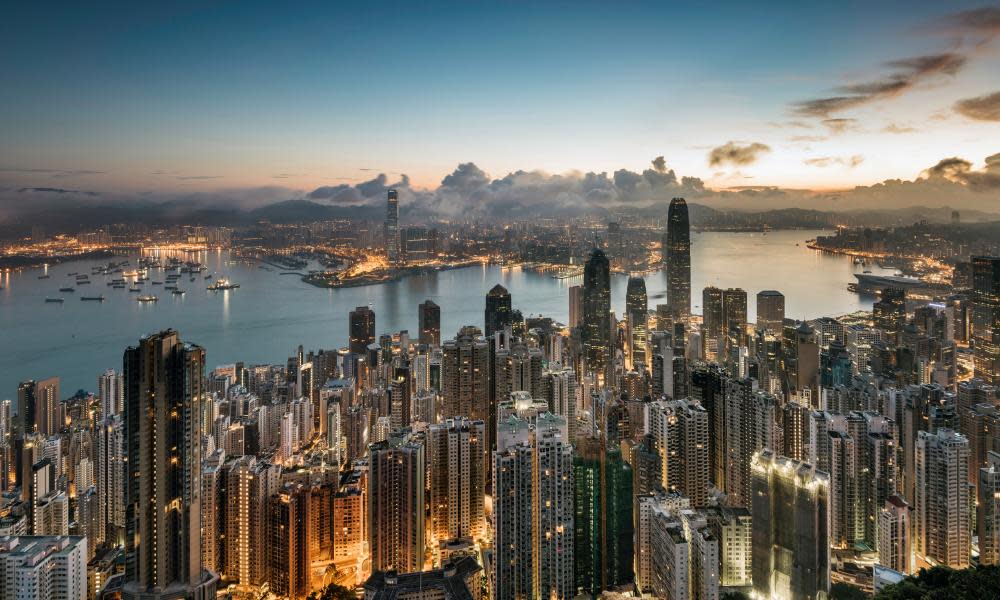Human rights undermined in Hong Kong, says Ashdown

Freedoms in Hong Kong have been increasingly eroded and human rights have been undermined, according to a report by Paddy Ashdown, the former Liberal Democrat leader in the UK, that paints a bleak picture of the city’s future.
Lord Ashdown, who travelled to Hong Kong in November on a fact-finding mission, said rule of law, democracy and interference by Beijing were areas of concern.
China’s increasing interference in Hong Kong – acts that potentially contravene an international treaty signed with the UK – threatened Beijing’s image as a “trustworthy leader in the contemporary world”, he said.
“Over the past five years, the freedoms guaranteed to the people of Hong Kong in its mini-constitution, the Basic Law, have been increasingly eroded,” Ashdown wrote in the report. “The rule of law is under pressure, human rights are undermined and the city appears no closer to democracy.”
Ashdown said the city’s judiciary remained objective, but he added: “The independence of officials at the Department for Justice is in doubt.” Several high-profile prosecutions in the past two years have lead to activists being jailed and democratically elected lawmakers being disqualified.
The report was published by Hong Kong Watch, an NGO founded by the human rights activist Benedict Rogers, who previously lived in the city. Rogers became a household name in Hong Kong’s democracy circles overnight when he was barred from entering the city in October without explanation.
If Hong Kong’s freedoms continue to deteriorate, the UK should consider granting holders of a special class of British nationality the right of abode, Ashdown said. “Britain bears the responsibility for the position in Hong Kong.”
He said a proposal to allow Chinese police to enforce laws in a portion of a Hong Kong rail station “set a dangerous precedent and could undermine confidence in the rule of law”. The project has been highly controversial, with the Hong Kong Bar Association saying the plan “severely undermines” confidence in the rule of law.
In a rare personal rebuke to foreign criticism, Hong Kong’s leader, Carrie Lam, rejected Ashdown’s report. “I take great exception to the comments and conclusions in that report. Those comments are totally unfounded and unfair,” Lam said at a press conference. “The nature of this is that a foreign institution meddled in the internal affairs of our country and Hong Kong.”
Hong Kong’s leaders and officials in Beijing often bristle at suggestions that freedoms and laws are under threat, and say any assessments by foreigners is undue interference.
Hong Kong officials were not the only ones to come under fire in Ashdown’s assessment. He criticised the system that allows nearly half of the city’s legislature to be elected by business and professional groups, calling it “the worst legacy left behind by Britain”.
“They continue to be a major barrier to the realisation of universal suffrage in Hong Kong,” Ashdown said.

 Yahoo News
Yahoo News 
